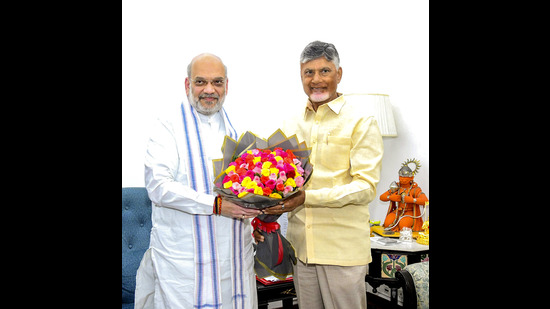Russia could invade Ukraine during Olympics: Blinken
Sat 12 Feb 2022, 12:52:53
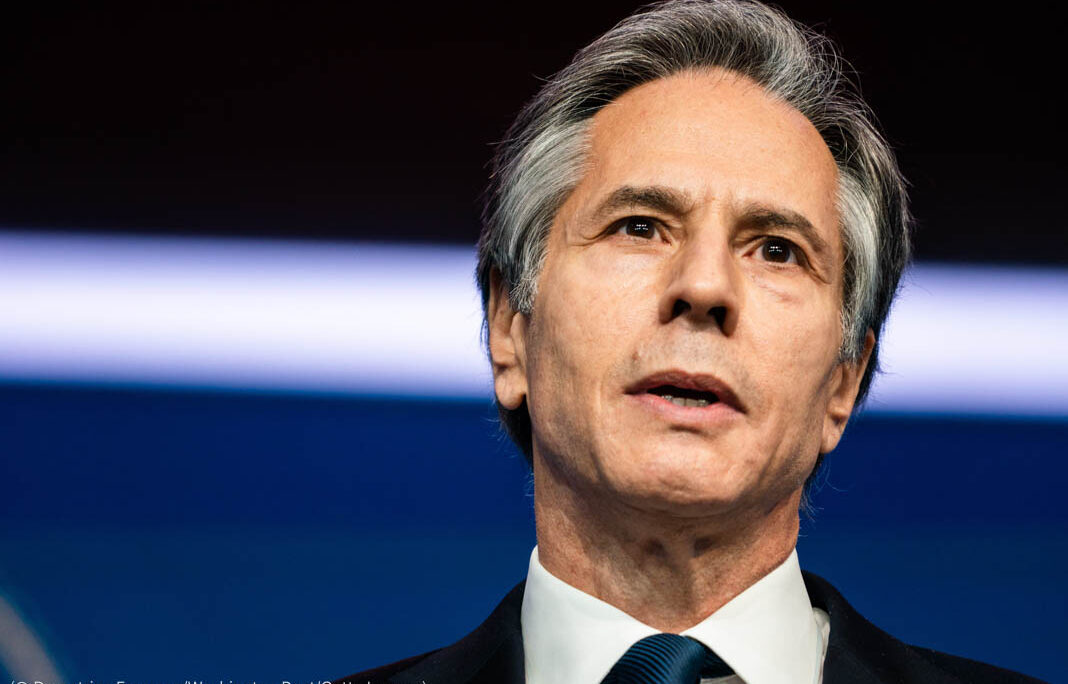
Canberra: Russia could invade Ukraine during the current Beijing Winter Olympics so Americans should leave the Eastern European country immediately, US Secretary of State Antony Blinken said Friday.
Blinken did not detail the reasons behind the State Department's latest security alert that calls on all American citizens to leave Ukraine. “Simply put, we continue to see very troubling signs of Russian escalation, including new forces arriving at the Ukrainian border,” Blinken said in Melbourne, Australia.
“We're in a window when an invasion could begin at any time and, to be clear, that includes during the Olympics,” Blinken added. The Olympic Games are scheduled to end on Feb 20.
Russia has amassed over 100,000 troops near Ukraine. It says it has no plans to invade but wants the West to keep Ukraine and other former Soviet countries out of NATO.
The threat of war in Ukraine and a strengthened alliance between Russia and China were high on the agenda of a meeting in Canberra on Friday among Blinken and his counterparts from India, Japan and Australia.
The four nations form the “Quad”, a
bloc of Indo-Pacific democracies created to counter China's growing regional influence.
bloc of Indo-Pacific democracies created to counter China's growing regional influence.
Australian Foreign Minister Marise Payne, who chaired the meeting, said the alliance between Moscow and Beijing was “concerning because it doesn't... Represent a global order that squares with...Ambitions for freedom and openness and sovereignty and the protection of territorial integrity”.
Blinken earlier said a conflict with China in the Indo-Pacific was not inevitable. “We share concerns that in recent years China has been acting more aggressively at home and more aggressively in the region and indeed potentially beyond,” Blinken said. The Quad partners are united by an “affirmative vision for what the future can bring” and a “commitment to defend the rules-based system that we have spent tremendous time and effort building,” he added.
Blinken's trip is designed to reinforce America's interests in Asia and its intent to push back against increasing Chinese assertiveness in the region. He will also visit Fiji and discuss pressing concerns about North Korea with his Japanese and South Korean counterparts in Hawaii.
No Comments For This Post, Be first to write a Comment.
Most viewed from International
Most viewed from World
AIMIM News
Delhi Assembly polls: Owaisi leads Padyatra in Okhla
Feb 01, 2025
We reject this Waqf Amendment Bill: Asaduddin Owaisi
Jan 30, 2025
Latest Urdu News
Most Viewed
May 26, 2020
Which team will win the ICC Men's Champions Trophy 2025 held in Pakistan/Dubai?
Latest Videos View All
Like Us
Home
About Us
Advertise With Us
All Polls
Epaper Archives
Privacy Policy
Contact Us
Download Etemaad App
© 2025 Etemaad Daily News, All Rights Reserved.

.jpg)
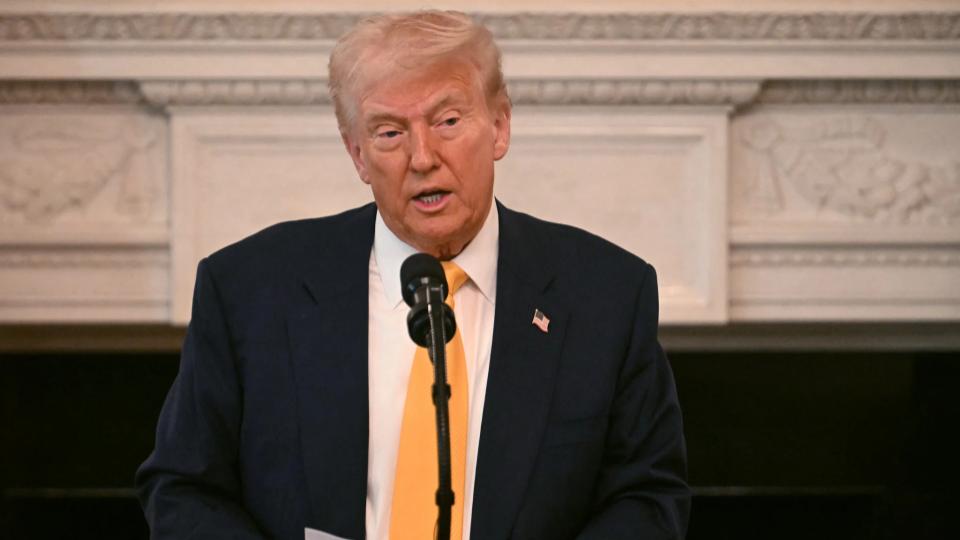
.jpg)
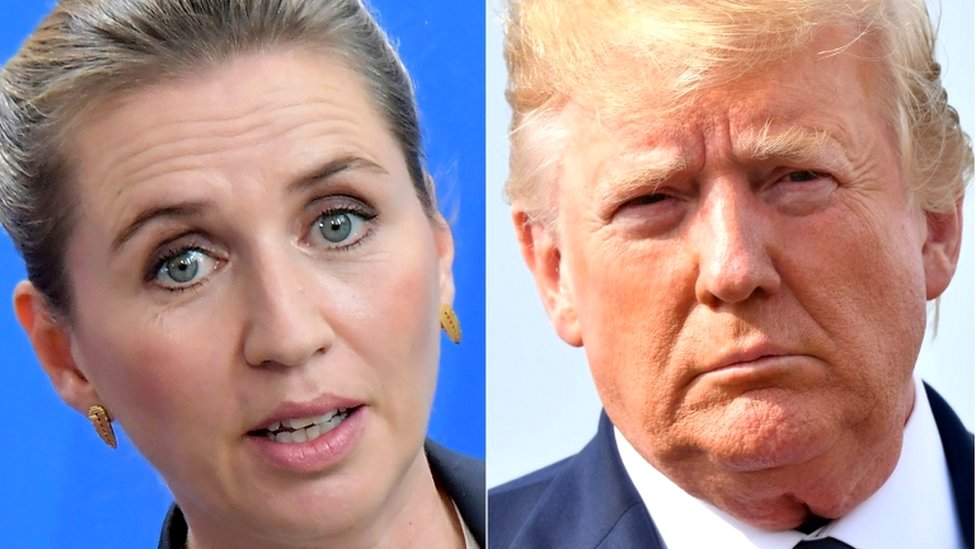
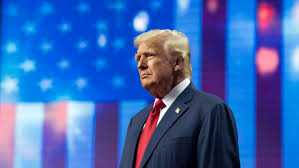
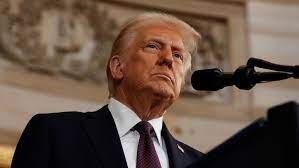

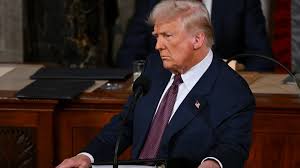

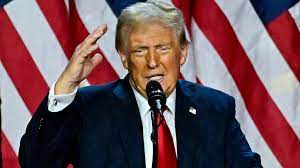
.jpg)
.jpg)
.jpg)
.jpg)
.jpg)
.jpg)
.jpg)
.jpg)
.jpg)
.jpg)
.jpg)
